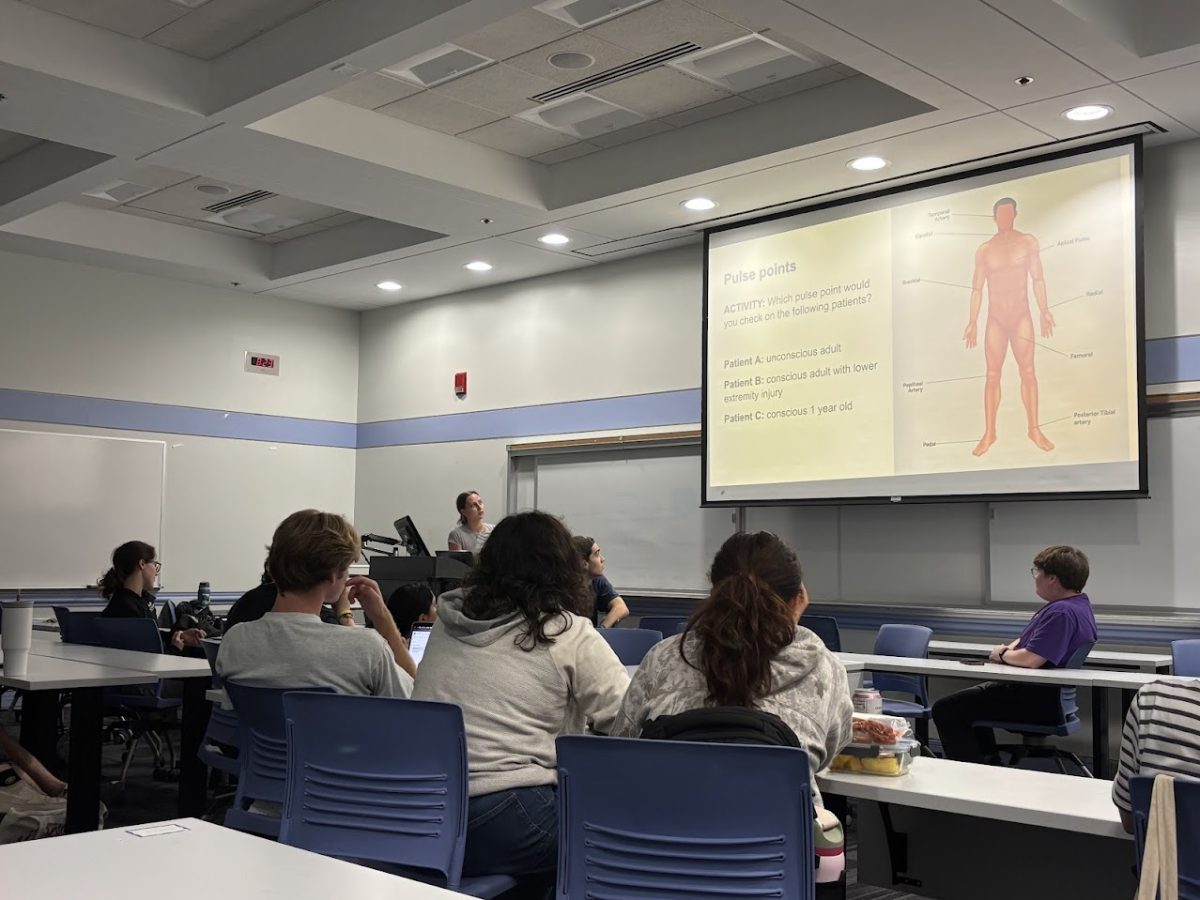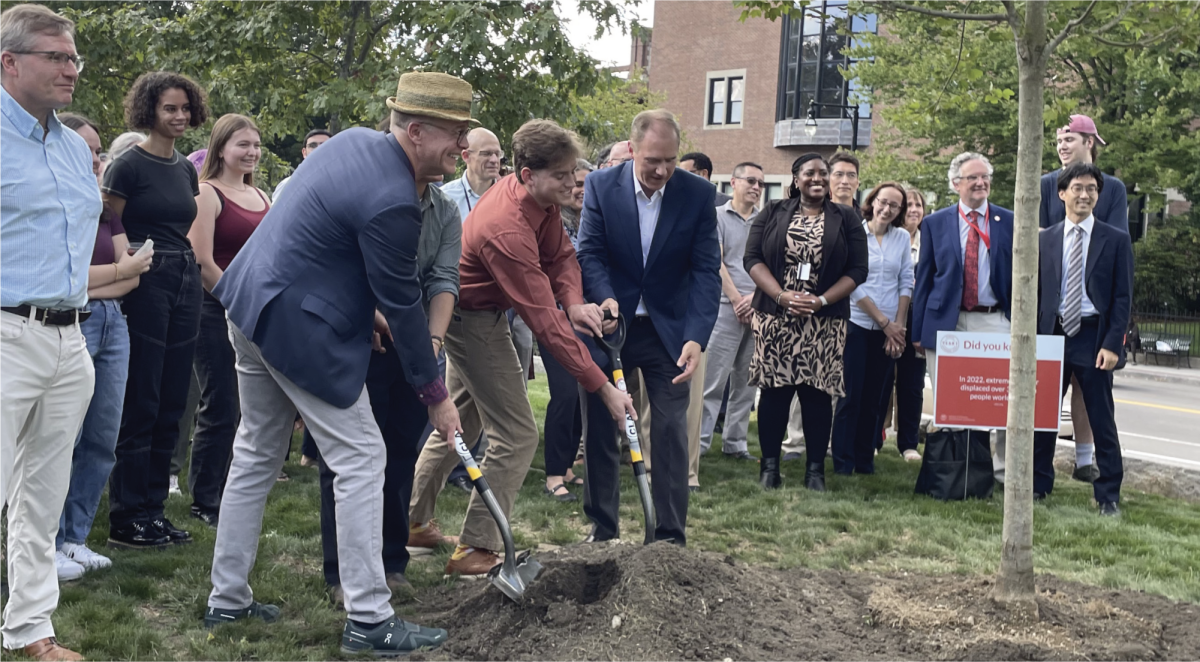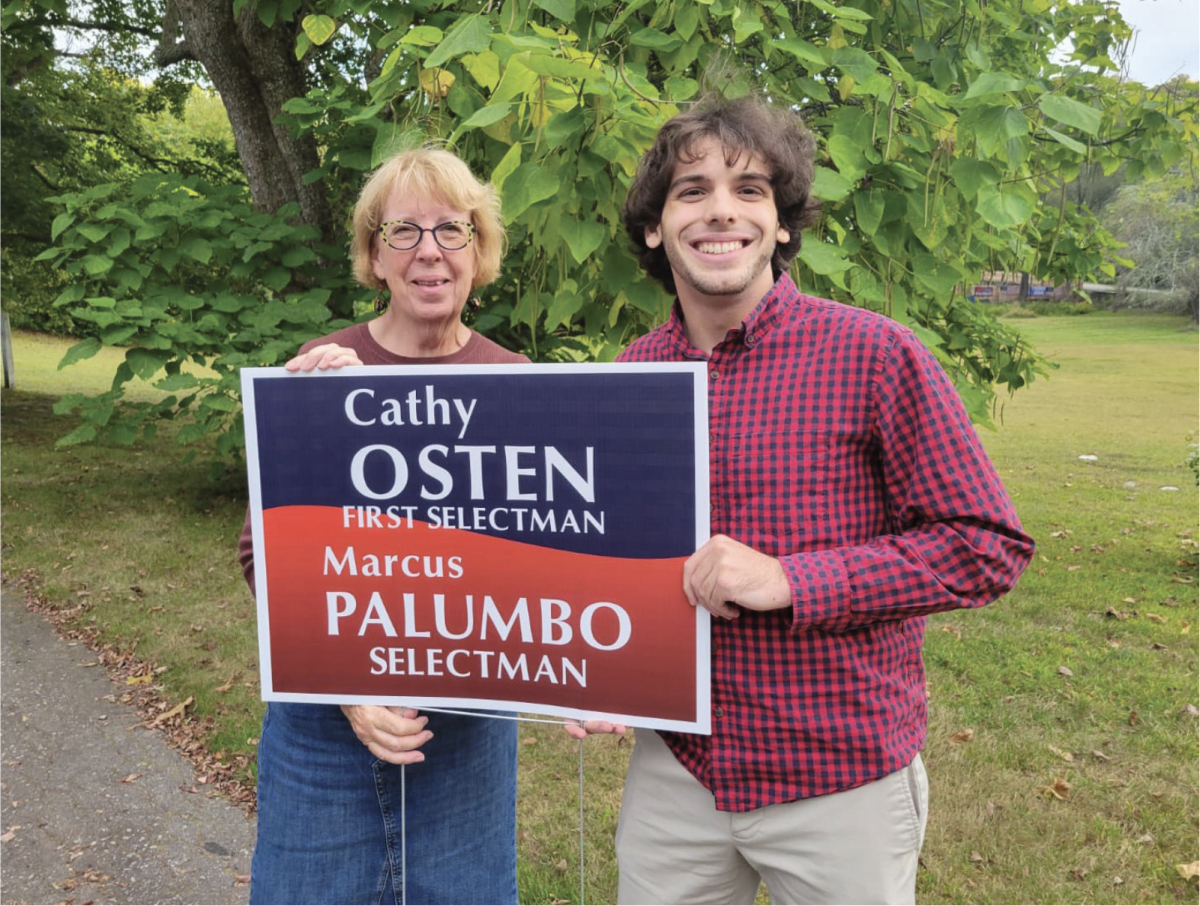Clark University Rapid Response (CURR) has been temporarily suspended since the Spring 2025 semester. Ever since, they have been working towards not only becoming re-operative, but expanding the scope of their practice from an emergency responder scope to a basic life support (BLS) scope.
A BLS scope will allow them to administer and perform more comprehensive care, such as administering EpiPens, carrying oxygen and checking blood sugar.
CURR, a team of Clark students certified as Emergency Medical Technicians (EMTs) and Emergency Medical Responders (EMRs), has been unable to function as an emergency responder team because they did not have a medical director or liability insurance. Without a medical director, they were not operating legally under a doctor, and a lack of insurance left the responders personally liable to lawsuits.
However, CURR now has a new medical dispatcher, Dr. Stacy Weisberg. Dr. Weisberg is a professor teaching at University of Massachusetts (UMass) and clinical practitioner at the Emergency Department at UMass Marlborough Hospital. She also serves as the medical department director for many Worcester County private ambulance companies and several fire departments.
According to CURR Director of Operations Victoria Quagenti, CURR has a contract being reviewed by Clark’s legal team. Dr. Weisberg “was so kind and willing to [be a medical dispatcher] for no cost,” Quagenti said.
With Dr. Weisberg as the medical dispatcher, CURR will be able to expand its scope of practice to BLS. It would also give them a 24/7 on-call doctor, ensuring responders have guidance when they need it.
Another issue leading to CURR’s suspension was a slashed budget. This year, they started with $9,000 compared to $15,000 last year.
“While we’re not in service, I understand why those decisions were made, because obviously it’s uncertain about how things will happen,” Quagenti said. “We have a couple [greater Worcester] grants that we’re looking at and in the process of writing up applications for.”
Much of their budget is allocated towards the National Collegiate EMS Foundation (NCEMSF) conference in February. At the conference, CURR members take a multitude of training courses to help renew their EMR and EMT certifications, which expire every three years.
“You lose money in going [to the conference], but you save money in training.”
While the main conference takes place in February in Arlington, VA, participating college rapid response teams hold a Collegiate EMS Week at each of their respective schools. Nov. 10 to 16, CURR will hold “a mass week of EMS trainings, education and awareness” with fun, educational programs at Clark.
A week ago, CURR opened its applications and will soon begin training new members. After the new members complete their EMR training, they have the option to go to school to be EMTs and learn more advanced skills.
As of now, they hold meetings focused on training members. They practice CPR, obtaining necessary patient information and reporting accurately when passing patients to other medical providers.
CURR also offers programs to the Clark and Worcester communities. For example, Quagenti is currently reaching out to Worcester Public Schools to offer free CPR training and trying to start a program to teach Clark athletes first aid.
“We’re still trying to serve our community, even if that’s in an educational sense, rather than a direct service.”
CURR hopes to become an active response team again in the 2026 spring semester. “Whether that happens or not is kind of less in our control, because we are kind of at a waiting point,” said Quagenti. “We’ve pretty much done all we can.”
They need to apply for a state license to be an official BLS agency, but first, they need liability insurance. They are seeing if they can get the insurance through Clark and what that would look like, or if they need to pursue other avenues.
In the future, they hope to become their own university department in order to not rely on club funding anymore.
Lieutenant LaPlante at Clark University Police says CURR “has been a wonderful asset to the Clark community for many years, and University Police has been proud to support their efforts to provide medical services to our community.”
“The students who make up CURR have proven time and time again to show compassion and care for all they serve,” he finishes.
“We’re not gone forever,” Quagenti assures. “We’re actively working very hard towards the end goal, which is being back in service and having a big scope of practice.”



